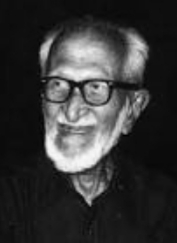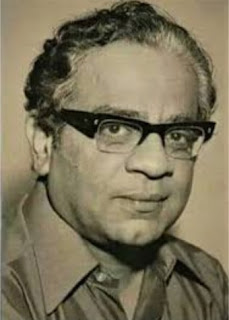Salim Ali

Remembering Salim Ali, one of Bombay's most famous citizens, and one of India's most celebrated scientists, on his birth anniversary: Salim Moizuddin Abdul Ali (12 November 1896 – 20 June 1987) was an Indian ornithologist and naturalist. Sometimes referred to as the "Birdman of India", Salim Ali was the first Indian to conduct systematic bird surveys across India and wrote several bird books that popularized ornithology in India. He became a key figure behind the Bombay Natural History Society. He was also responsible for the creation of the Bharatpur bird sanctuary (Keoladeo National Park) and for the prevention of the destruction of what is now the Silent Valley National Park. He co-authored the landmark ten volume Handbook of the Birds of India and Pakistan. Early Life: Salim Ali was born into a Sulaimani Bohra family in Bombay. Both his parents died when he was very young Along with his siblings, Ali was brought up by his maternal uncle, Amiruddin Tyabji, and c


